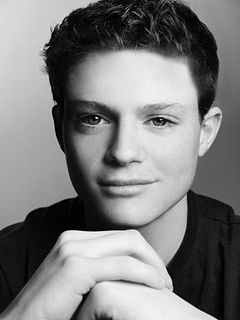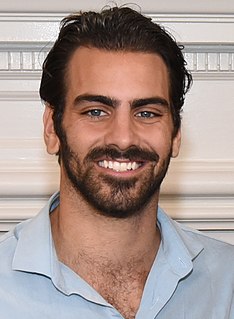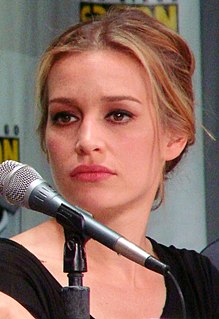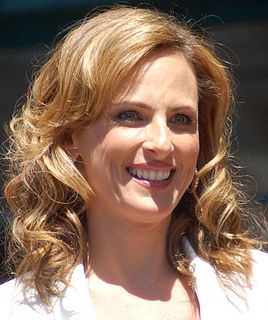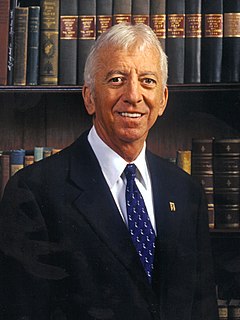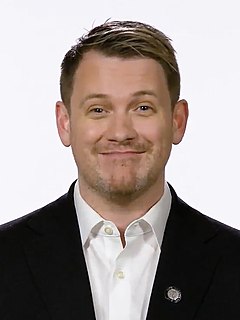A Quote by Andrew Solomon
If someone says: "I don't want to have a cochlear implant, because I want my child to grow up with a rich sense of deaf culture," he must acknowledge that the deaf culture that exists in the world today has a different scale than the deaf culture that's likely to exist in the world 50 years from now.
Related Quotes
I'm a proud person who happens to be deaf. I don't want to change it. I don't want to wake up and suddenly say, 'Oh my God, I can hear.' That's not my dream. It's not my dream. I've been raised deaf. I'm used to the way I am. I don't want to change it. Why would I ever want to change? Because I'm used to this, I'm happy.



